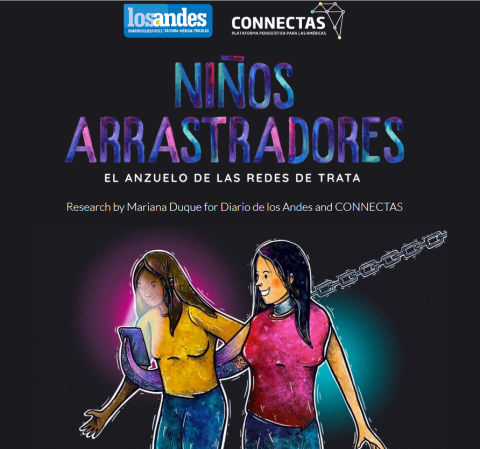At a recent anti-corruption gathering in Washington, DC, Samantha Power, who heads the U.S. Agency for International Development, highlighted a powerful tool developed by ICFJ on a USAID-funded program. With our partner, the Jefferson Institute, we created a platform called Secure Reporter, which helps journalists conducting sensitive and often dangerous investigations collaborate more safely across borders.
“We need so much more of this,” Power told heads of state, business leaders, civil society actors, journalists and others from more than 140 countries gathered for the International Anti-Corruption Conference.
With support from ICFJ and our partner CONNECTAS, reporters across 19 Latin American and Caribbean countries team up on stories that those in power want to suppress. “As a result of this connectivity,” Power said, “journalists have produced hundreds of investigative pieces on environmental degradation, corruption and money laundering, uncovering over $280 million in mismanaged public funding.”
This is just one of the ways ICFJ equips journalists to expose abuses of power that cost the public greatly. Please join us in our efforts by making a contribution to ICFJ before the end of the year.
Every day, we help reporters do better journalism that makes a difference. It’s stories like this investigation from the Colombia-Venezuela border. With lead reporting by Mariana Duque, a team documented how criminal networks are using children to lure other children to Colombia, where they are exploited for work and sexually abused.
One teenager “befriended” 13-year-old Daniela, convincing her that she should run away and cross the border. Before she was eventually rescued, Daniela used a borrowed phone to call her father: “Dad, they have threatened me that they are going to kill my family.”

The ICFJ-backed investigation from Diario de los Andes and CONNECTAS made a significant impact. Published in more than 20 news outlets, it prompted responses from a range of government officials and humanitarian groups, elevating the issue on the public agenda.
This crucial work and other reporting like it are possible thanks to your support. On behalf of the journalists in our network, we are grateful for your enthusiasm and generosity.
We wish you a happy and healthy holiday season.